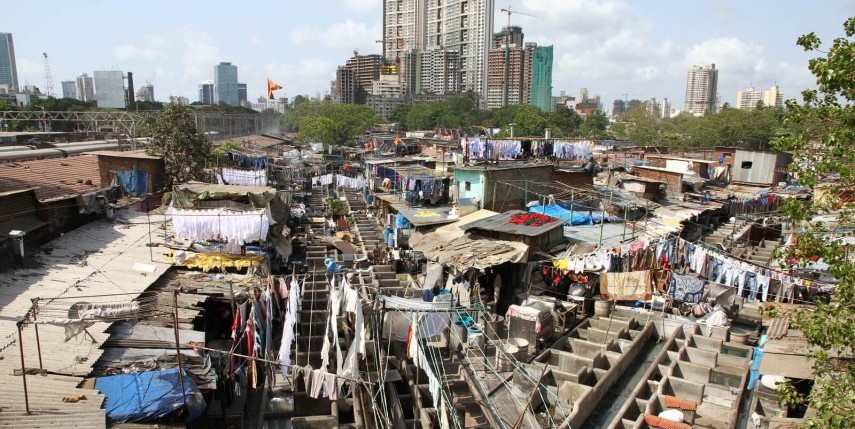Court Ban On Construction In Mumbai May Push Property Prices

The Bombay High Court's recent order to ban all new constructions – both residential and commercial – in Mumbai from March 1 could have serious implications for India's financial capital.
Under the order, all new construction has been banned within the municipal limits of the city and its suburbs up to Dahisar in the west and Mulund in the east. The reason: The state government and the Brihanmumbai Municipal Corporation (BMC) failed to take concrete steps for proper disposal of waste under the Municipal Solid Waste (Management and Handling) Rules at the Deonar and Mulund dumping grounds, says a report by NDTV.
The state government has told the court that its order could cause a bigger problem than addressing the garbage problem. Here's how it could impact the real estate market in the city.
Property prices
The order will make Mumbai, the only Indian city that has for years maintained the distinction of being the most expensive city in terms of residential real estate valuations, more expensive for aspiring home buyers. Given the existing astronomical rates of properties and the market forces at work in the city, a surge in property prices is expected.
Rehabilitation & affordable housing
The state government had recently decided to offer construction finance to developers to boost affordable housing in the city. Under this scheme, Shivshahi Punarvasan Prakalp Ltd (SPPL), a fully owned government company, will extend finance for construction activity to developers taking up slum rehabilitation schemes, for an interest at the rate of 11.15 per cent a year. The funds will be released in instalments and linked to various stages of construction, says The Indian Express in a report. But as the court order bans any new construction, the initiative has hit a roadblock.
Employment
The order would adversely affect employment, trade and commerce related to the construction sector. After agriculture, construction sector is the second largest employer, especially in the metros. Also, many allied industries will take a hit. So, the order may give some temporary job-related headache to the state government.
Why the court imposed the ban
BMC had been directed to comply with the waste-management rules, formulated in 2000, by December 2013. On average, 9,000 tonnes of garbage is generated in the city every day; this goes up to 15,000 tonnes a day due to construction activities in the city, says a report in The Hindu.
The ban does not apply to buildings under redevelopment, repairs and reconstruction. Hospitals, nursing homes, schools and colleges have also been put in the exempted category. The order also debars BMC from granting a new Floor Space Index (FSI). According to a DNA report, the civic body can accept proposals for new construction but not issue Intimation of Disapproval Commencement certificate and Completion Certificate. By rough estimates before the court, of the total proposals for construction received by the corporation, up to 85 per cent were for redevelopment projects, and the rest for new constructions.